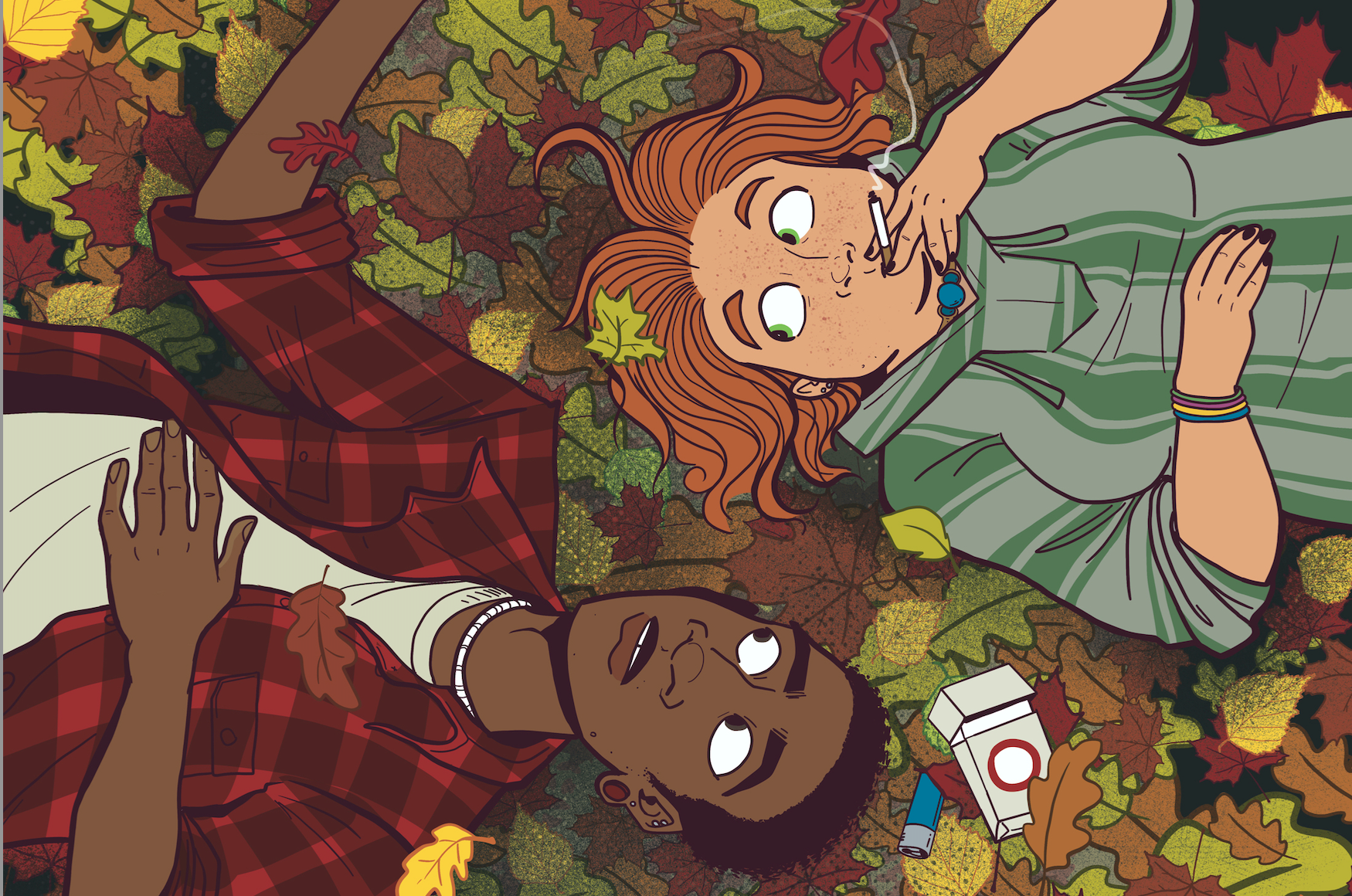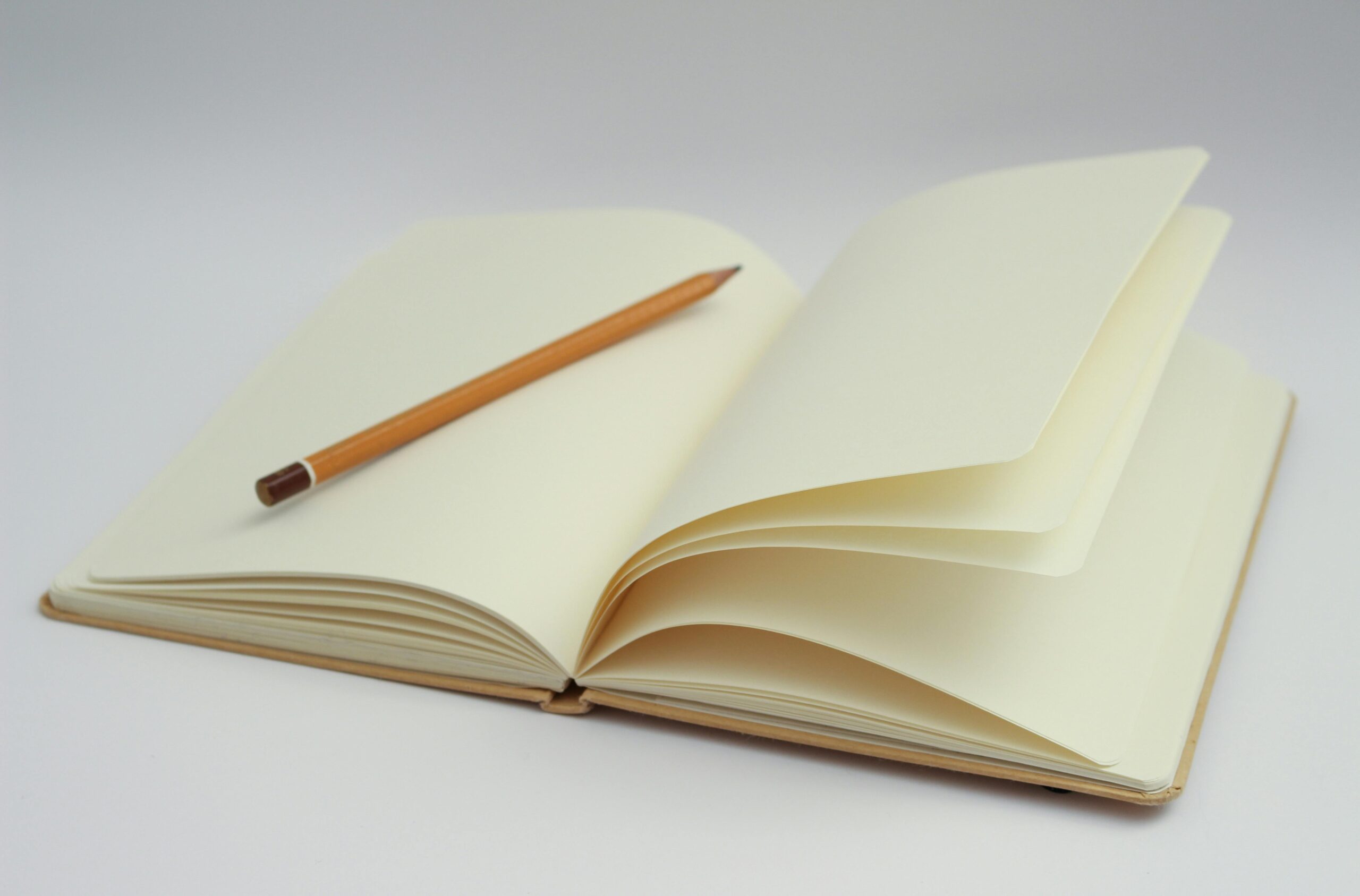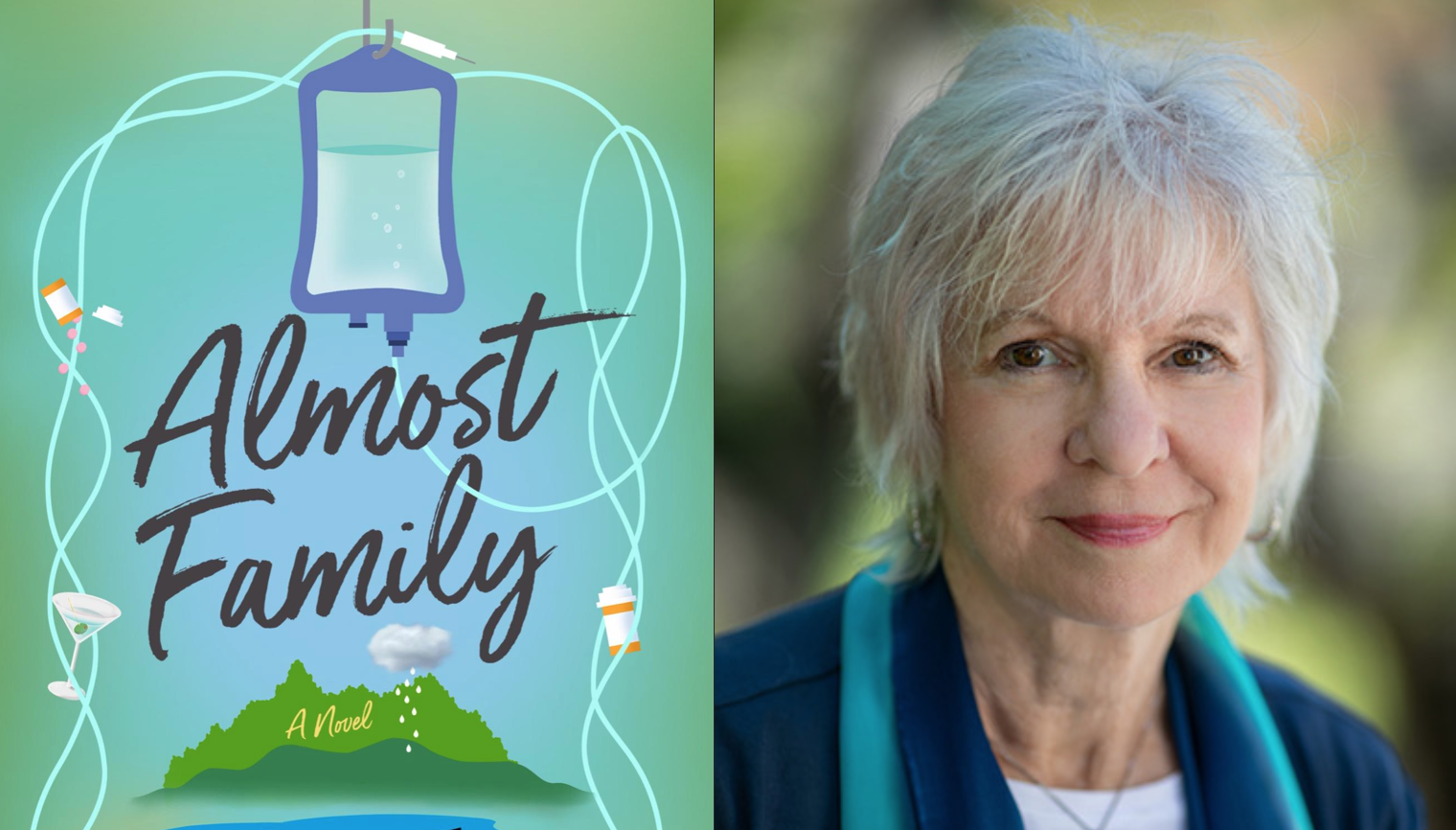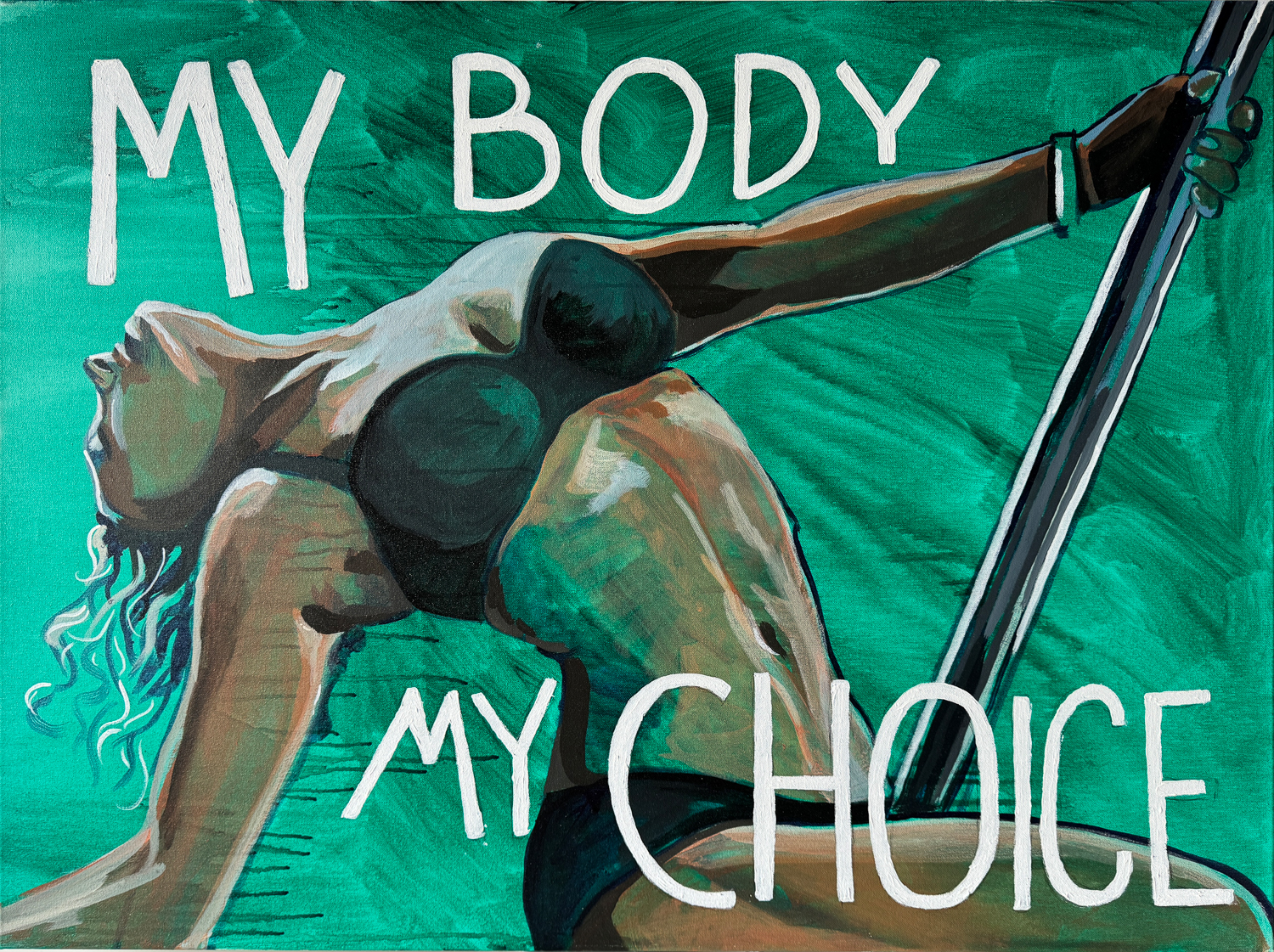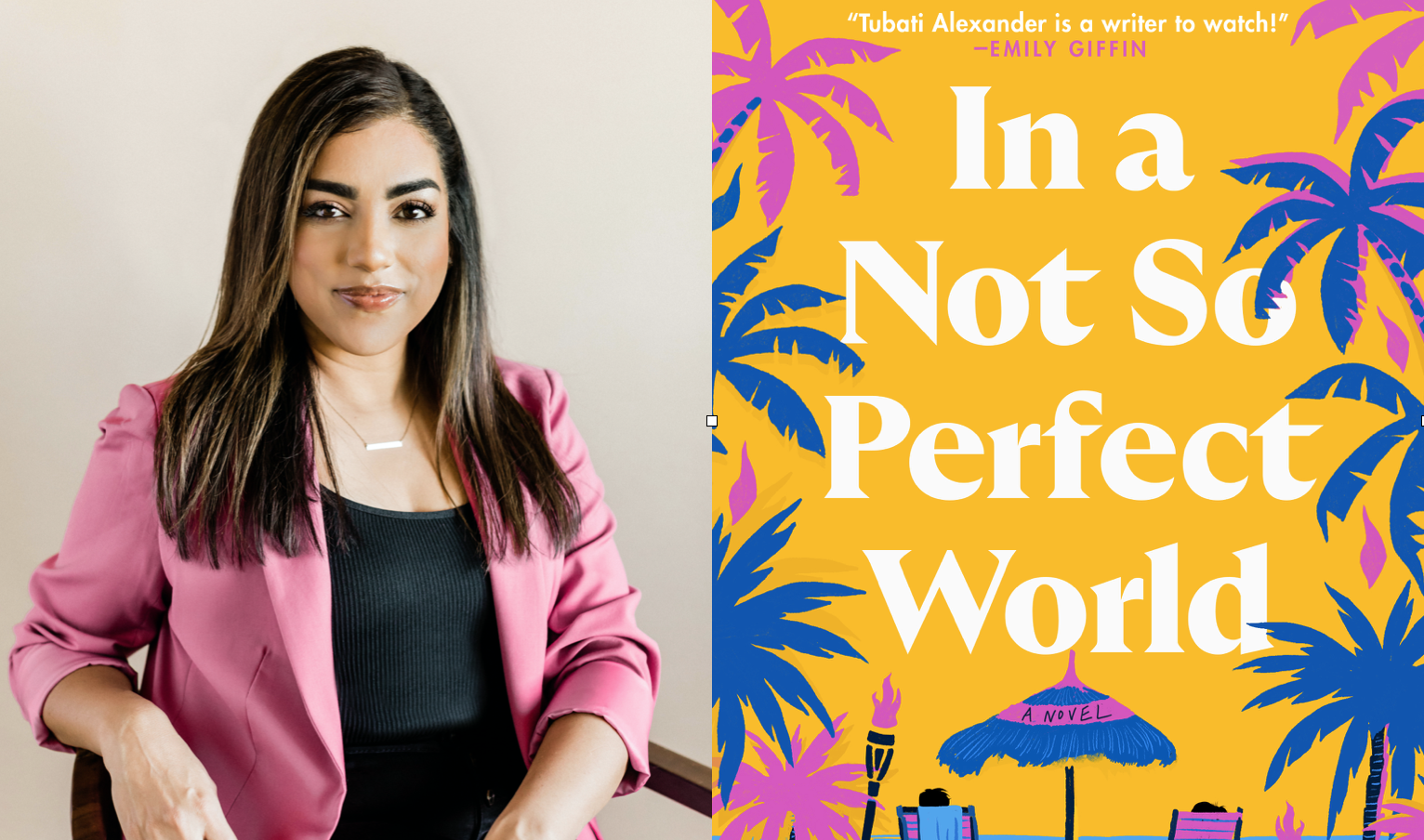
Out in time for Black History Month is a new poetry collection that brings together veteran voices and emerging figures, creating a masterpiece that reaches across time to uplift the diversity of the Black experience.
‘POEMHOOD: OUR BLACK REVIVAL‘ is a powerful, breathtaking Black poetry anthology edited by National Book Award finalist and children’s book author Amber McBride, poet and writer Taylor Byas, and poet and editor Erica Martin celebrating Black poetry, folklore, and culture. This groundbreaking collection features dynamic, real conversations about race, belonging, history, and faith, with a focus on Black culture and folklore. From environmental injustice to police brutality to the beauty of a girl dancing at prom to the awesome strength of ancestors, these Black experiences are complex, varied, and striking—and fit into a variety of coverage themes.
What exactly does it mean to be Black in America? For some, it’s learning how to morph the hatred placed by others into love for oneself; for others, it’s unearthing the strength it takes to continue to hold one’s swagger when multitudinous factors work to make Black lives crumble. For some, it’s gathering around the kitchen table as Grandma tells the story of Anansi the spider, while for others it’s grinning from ear to ear while eating auntie’s spectacular 7Up cake. Black experiences and traditions are complex, striking, and vast—they stretch longer than the Nile and are four times as deep—and carry more than just unimaginable pain—there is also joy.
Featuring an all-star group of thirty-seven powerful poetic voices, including such luminaries as Kwame Alexander, James Baldwin, Ibi Zoboi, Audre Lorde, Nikki Giovanni, and Gwendolyn Brooks, ‘Poemhood’ structures itself like a record, reminding readers from the introduction to the coda that music and poetry are intrinsically interwound.
We had the chance to speak with the trio of editors to learn more about the heart and soul of this new collection, the timeliness of ‘Poemhood’ in a presidential election year, and the impact they hope the book will have in the lives of readers.



First, how did you all meet one another, and then decide to put together this collection of poems and stories?
We were lucky enough to find each other through mutual connections, and once we did, there was a very clear kinship between the work all of us were doing. We’re all writing about the Black experience in our very different ways, and so working together was really a no brainer. When brainstorming for the project, we noted a void in both anthologies and in curriculum. We thought of how we learn about mythologies in school (Greek and Roman in particular), but Black folklore is never taught—and why is that?
We wanted to create something that could fill that space, that could maybe open the door for those discussions in classrooms. The anthology seemed like the perfect answer to that solution, while also giving our readers exposure to a wide range of different styles, voices, etc.
What are some of the timely topics readers can expect to come across as they read through ‘Poemhood’?
There’s a quote from our introduction that I think answers this question perfectly: “Our goal with this anthology is to show it all—the devil at the crossroads, Orishas, hoodoo, pain, joy, frustration, community, and, most of all, at the center of every folktale—a universal truth” (xi). To give you an idea of the arc, the anthology is broken into 4 sections as well, Livin’, Gawd, Haunting Water, and Magickal. This is a collection that fully embraces Black folklore, celebrates joy and whimsy, holds space for loss and grief.
There are poems about magic and gods, and there are poems that probe painful histories and presents. I think readers can expect to go on a sort of polyvocal journey where all of the poets in these pages are just in conversation. Think of standing in the middle of a family reunion and just hearing all fo the voices of your people, the snippets of conversations, the stories being told. That is this book.
Being released in time for Black History Month, during a Presidential election, what do you hope Poemhood will inspire in the lives of readers at a time we are seeing so much pushback on diversity and history across America today?
We want our readers to feel empowered by this book, to see this book and all of the poets in it and to feel like our stories and our truths are important. More than anything, we want to keep giving our young readers the language to talk about what matters to them, especially in a moment that is as politically charged as the one we live in currently.
Seeing the diverse range of poets and poems in this anthology will hopefully encourage our readers in their own self-expression and affirm them of the importance of their own voices. We’re also helping those young readers learn about themselves, their pasts, which can only better equip them to face this painful present and an uncertain future.
What was the process of finding the poets and assembling their work for this collection? How did you decide on who would be included?
Putting the anthology together was work but we also had so much fun. Getting permissions for things was probably the most difficult part, but luckily we were on the same page when it came to who we wanted in these pages. We split up solicitations and each of us handled a good chunk of those and worked directly with our authors on their pieces. When we had all of the poems together, we worked together on ordering the poems and placing them in their appropriate sections.
Sometimes things work out and you look back and say “Oh there was something divine in the way that happened,” and it was magic the way it came together. We got just the right amount of poems, we placed them all so easily. When everything was in its place, we knew right away. It all clicked into place.
What does Black Revival mean to you, and why is this something you wanted to share through the book?
Let’s zoom in on the definition of revival—some meanings listed are “an improvement in the condition or strength of something,” “an instance of something becoming popular, active, or important again,” and “a new production of an old play or similar work” (Oxford). We’d say this anthology speaks to all three of those. The mere act of writing and sharing our stories is an act of strength, of trying to improve our conditions, our living.
We want to quite literally draw attention to Black voices—they should always be important, and we want this project to demonstrate their necessity in the larger literary landscape (and in the lives of our young readers). As for that last definition, we really love how this anthology has older poets in conversation with contemporary poets, because it allows us to see the evolution of our conversations and concerns, the way we might make “new productions” of old stories. It’s a revival three times over!
As writers and poets yourselves, can you share the impact or power of words in your own life and work?
I think we can all agree that when it comes to writing and poetry in particular, the poems quite literally save us sometimes. The writing has always been a way to process, to work through, to dig into, to talk back, to speak into existence. Words shape our reality and are simultaneously shaped by it. What we write helps to dictate what kind of world we live in, what kinds of lives we lead, what we will remember and what lessons we might take from that remembering. Words are so incredibly crucial to being human.
You have a mixture of contemporary voices and luminaries from the past. Can you tell us about some of the newer voices being featured and what excited you most about them?
Yeah! Again, we were all really equally excited about some of the newer voices, and also really excited to include some poets who write mainly in the adult poetry space who we believed could write a really exciting poem for a YA audience. Tony Keith Jr. is also simultaneously celebrating the debut of his YA memoir in verse, and we were really excited to also have him in these pages.
We have writers like Ibi Zoboi, Antwan Eady, Kwame Alexander, Jamar J. Perry, and Ryan Douglass who have been really making waves in the YA space in the past few years with incredible books, and we were so thrilled to see those voices ring even clearer in the poems they gave us. We have some really incredible contemporary poets who work mainly in the adult space whose brilliance really shined in this anthology: see Danez Smith, Mahogany L. Browne, Faylita Hicks, Joy Priest, etc. We could go on and on about each individual poem and poet, really!
There is something for every reader to be found in these pages. Can you share what story or poem spoke to you the most personally?
I cannot tell you how exhilarating it was when we got Gwendolyn Brooks’ poem “Young Afrikans” (from which the anthology’s name comes from) and Nikki Giovanni’s “We Write.” Those two poems bookend the collection because of their importance to us, and because between the two of those poems this collection could finally crystallize and take its true shape. They are perfect openings and endings, they always get to us, and we feel extremely lucky to have them.
What do you hope readers will feel after reading ‘Poemhood’?
Empowered. Open to all of the possibilities of a poem. Grounded. Connected. Loved. Heard.
Revived.
A perfect addition to any reading list during Black History Month, you can purchase a copy of ‘POEMHOOD: Our Black Revival’ HERE.












